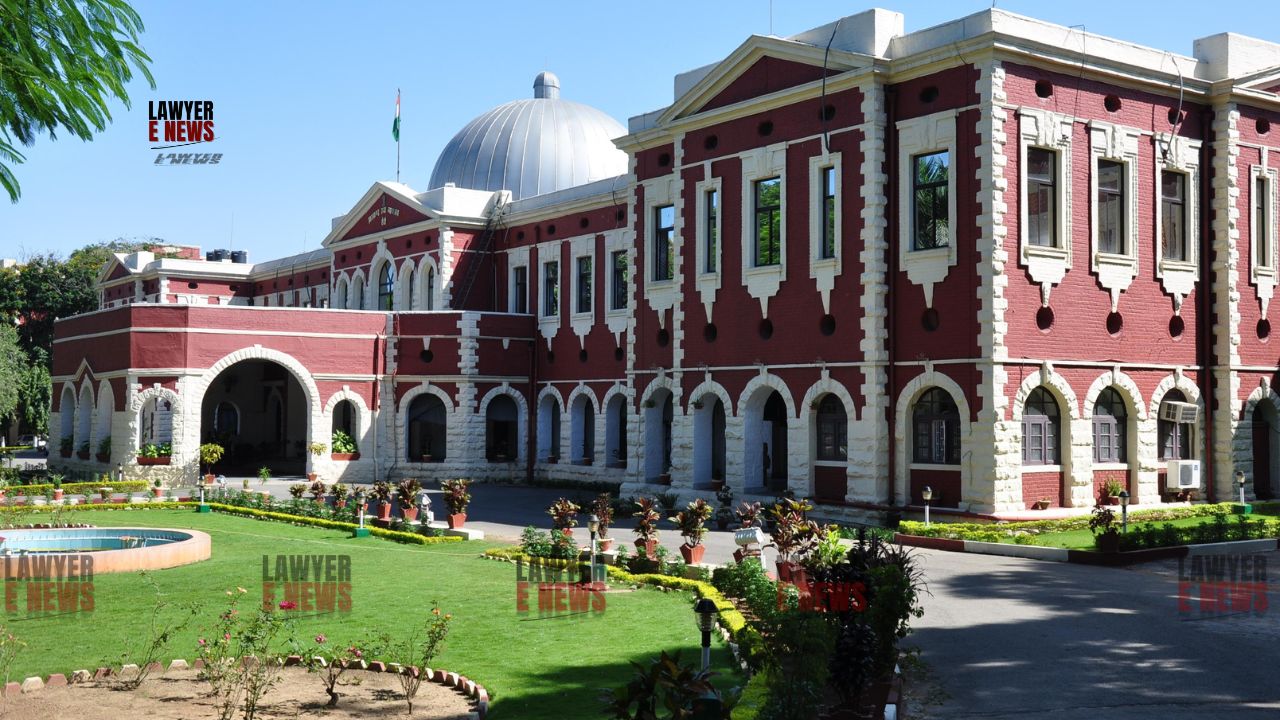-
by Admin
15 February 2026 5:01 PM



Murder conviction upheld; Court emphasizes the reliability of immediate statements to witnesses and corroborative forensic evidence. The High Court of Jharkhand has upheld the conviction of Sandeep Kumar Tripathy for the murder of Sanju Pandey, affirming the trial court’s decision. The bench, comprising Justices Ananda Sen and Subhash Chand, emphasized the reliability of dying declarations and the corroborative value of forensic evidence. The appellant’s arguments against the admissibility of these declarations and the credibility of witnesses were dismissed, leading to the affirmation of a life sentence.
The case stems from an incident on May 31, 2012, in East Singhbhum, Jamshedpur, where Sandeep Kumar Tripathy was accused of fatally stabbing Sanju Pandey with a “Bhujali” (a sharp weapon). The informant, Sanju’s husband, reported that Sanju had called him earlier that evening to inform him of Tripathy’s harassment. Upon his return, Sanju, gravely injured, identified Tripathy as her assailant before collapsing. Tripathy was apprehended by villagers at the scene.
The High Court placed significant weight on the dying declarations made by the victim to witnesses shortly after the assault. “The victim’s statement to witnesses immediately after the assault, despite the lack of medical certification of her fitness, is a valid dying declaration,” the court noted, referring to established legal precedents. The court cited Laxman v. State of Maharashtra and Sher Singh v. State of Punjab to underscore that the absence of a doctor’s certification does not inherently Invalidate a dying declaration, provided the declarant’s mental state can be Inferred from the circumstances.
The court addressed the testimonies of key witnesses, notably P.W.1 Rudan Singh and P.W.2 Digambar Singh, who corroborated the victim’s declarations and the events surrounding the murder. “The testimonies of P.W.1 and P.W.2 are reliable despite not witnessing the actual assault, as they arrived immediately after hearing the victim’s cries and found her in a critical state, holding the appellant,” the judgment stated. The court highlighted that these witnesses provided a continuous narrative from the moment of the assault to the arrival of law enforcement.
Forensic evidence played a pivotal role in corroborating the victim’s account. The court noted that the bloodstained weapon and the appellant’s clothing were matched with the blood group of the deceased. “The forensic lab reports confirming the blood group match with the deceased reinforce the prosecution’s case,” the bench observed. This evidence, despite the non-production of the weapon during trial, was deemed sufficient to support the conviction.
Addressing the procedural argument regarding Section 313 of the Cr.P.C., the court found no merit in the appellant’s claim of procedural prejudice. “The incriminating evidence was sufficiently explained to the appellant, and no significant prejudice was demonstrated,” the court concluded.
Justice Subhash Chand remarked, “The corroboration provided by the forensic evidence, alongside the dying declarations, forms a robust foundation for upholding the conviction. The consistency and immediacy of the victim’s statements lend them significant probative value.”
The High Court’s decision underscores the judiciary’s reliance on dying declarations and forensic corroboration in murder cases. By upholding the trial court’s findings, the judgment reaffirms the principles guiding the admissibility and reliability of such evidence. This ruling is expected to have a significant impact on future cases, reinforcing the legal standards for evaluating dying declarations and corroborative testimonies.
Date of Decision: June 19, 2024
Sandeep Kumar Tripathy @ Sandeep Tripathy v. The State of Jharkhand
